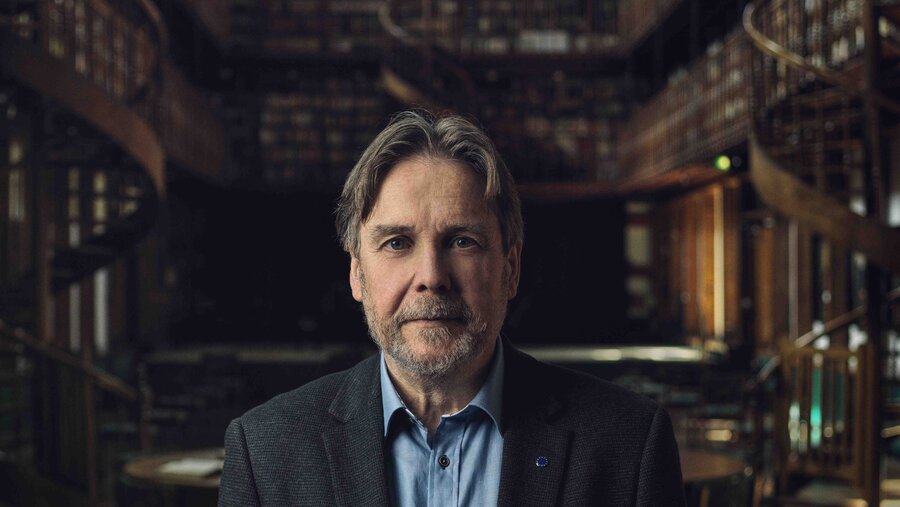In his lecture, Prof. Leerssen will discuss how 19th-century musical culture evolved alongside the rise of romantic nationalism, and how the two interacted in shaping artistic and social life across Europe. The lecture will explore examples such as Thomas Moore’s Irish Melodies, Pierre Béranger’s songs and the goguettier tradition, as well as the emergence of student songbooks (Commersbücher) and the spread of choral movements like the Orphéon, Liedertafel and Gesangverein.
Alongside these vocal traditions, Prof. Leerssen will examine the “national turn” in instrumental music following Chopin and Liszt, Albéniz and Villa-Lobos, Dvořák and Sibelius, exploring how romantic composers throughout Europe developed musical strategies that conveyed a sense of nationhood.
Joep Leerssen, born in Leiden in 1955, is Professor Emeritus at the Universities of Amsterdam and Maastricht. He studied in Aachen, Dublin and Toronto, obtained his PhD from Utrecht University in 1986, and holds a Performer’s Licentiate in flute and piccolo from the Royal Irish Academy of Music (Dublin, 1980).
His scholarly work, for which he received the Spinoza Prize, the Madame de Staël Award, and an honorary doctorate from Bucharest University, focuses on three related fields: the theory and history of national stereotypes (Imagology, co-edited with Manfred Beller, 2007); the history of Irish nationalism (Remembrance and Imagination, 1996; Parnell and his Times, 2022); and the comparative history of national movements in Europe (National Thought in Europe, 3rd ed. 2018). His forthcoming book Charismatic Nations will appear with Cambridge University Press in spring 2026.
Guests can participate in the lecture online. A Webex link to the event will be sent upon request to doktorat@bruckneruni.at.
